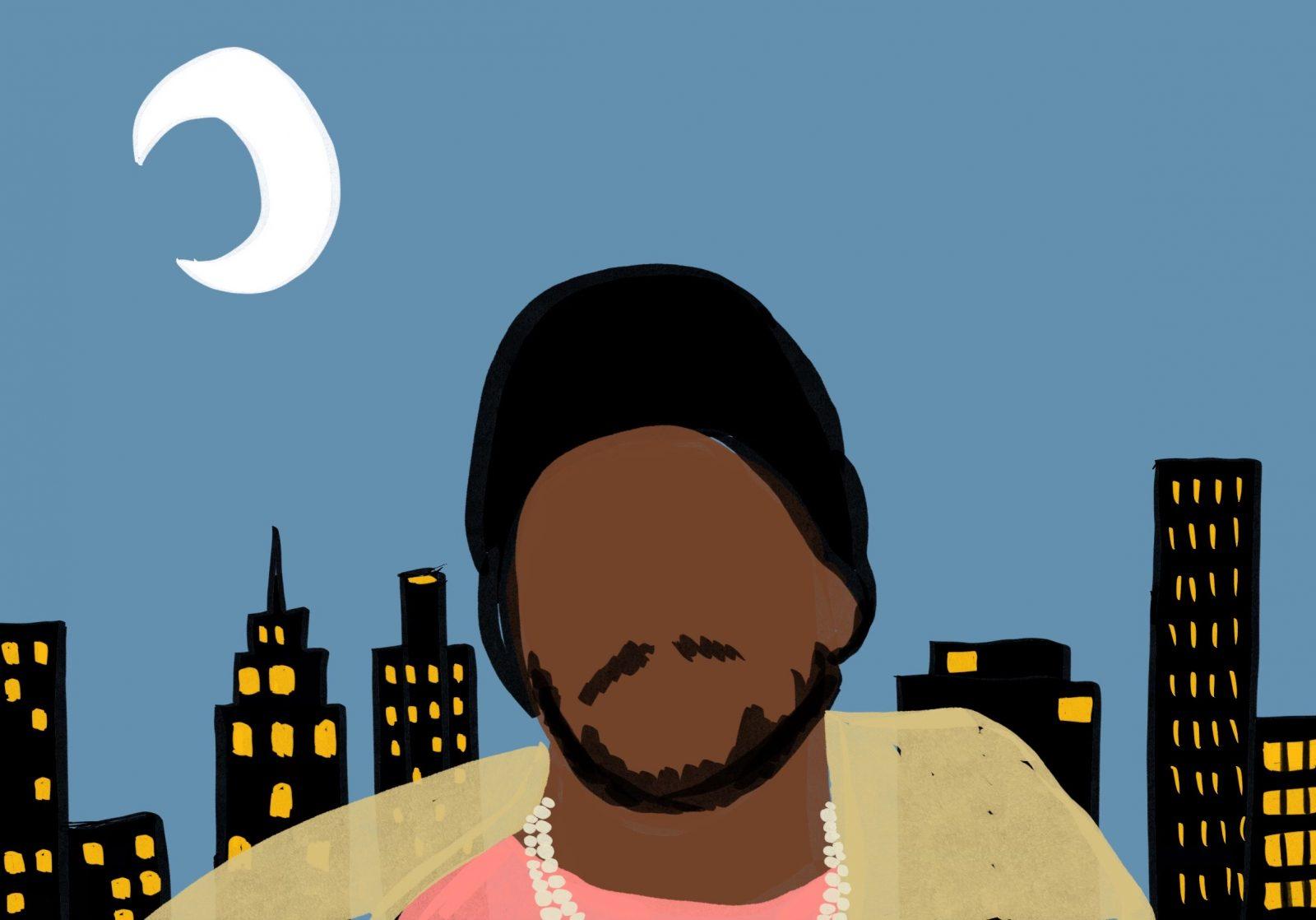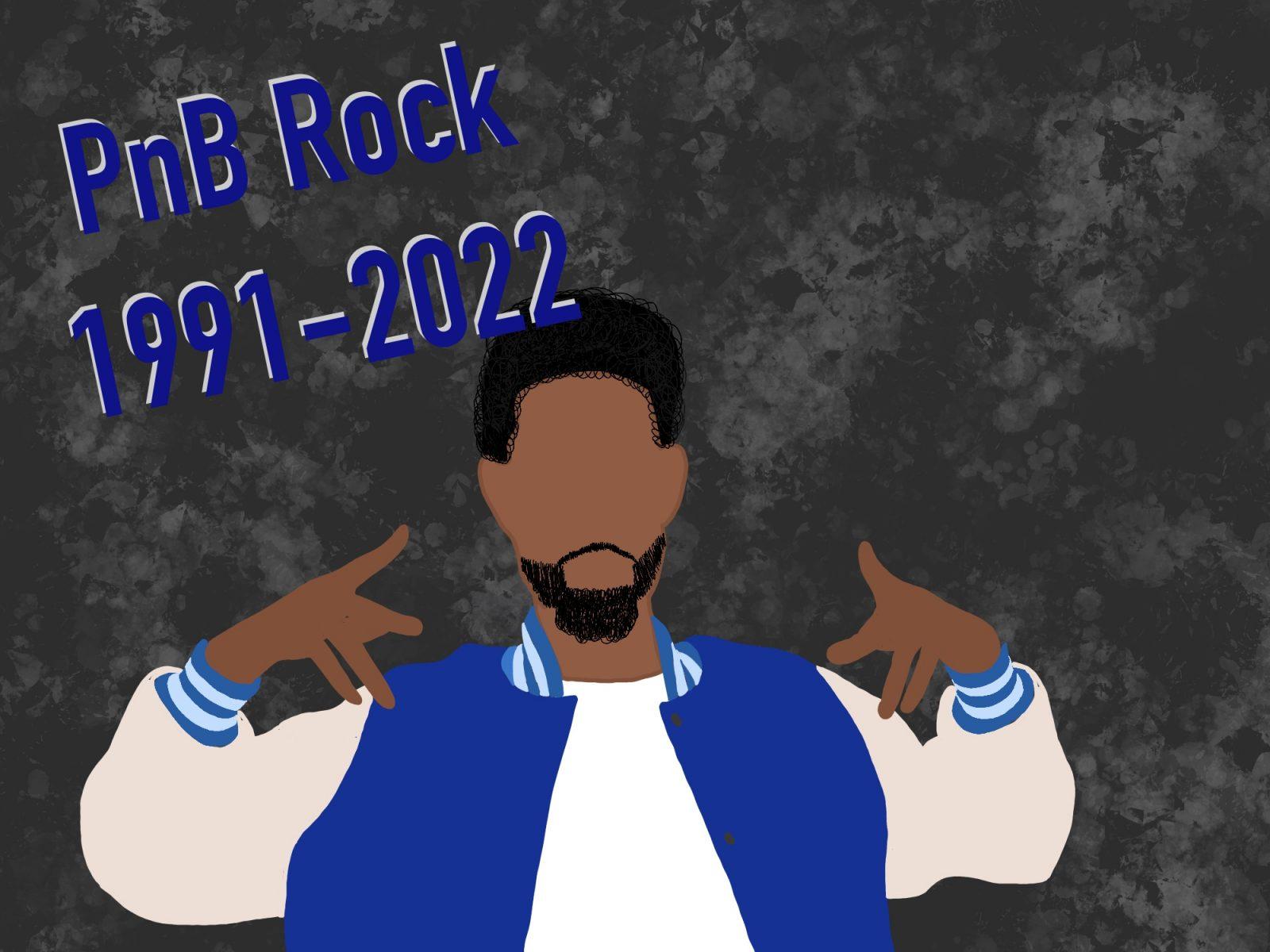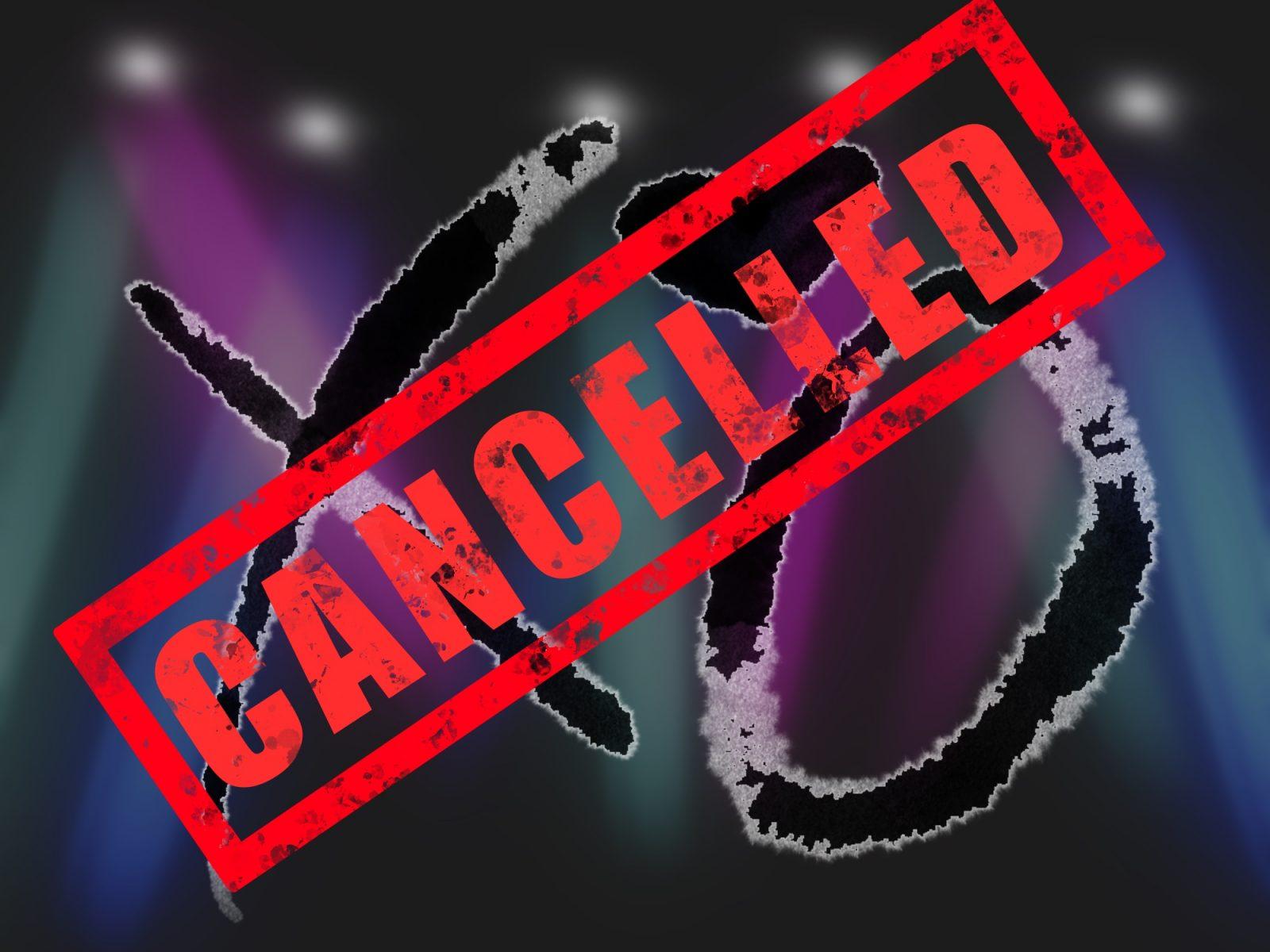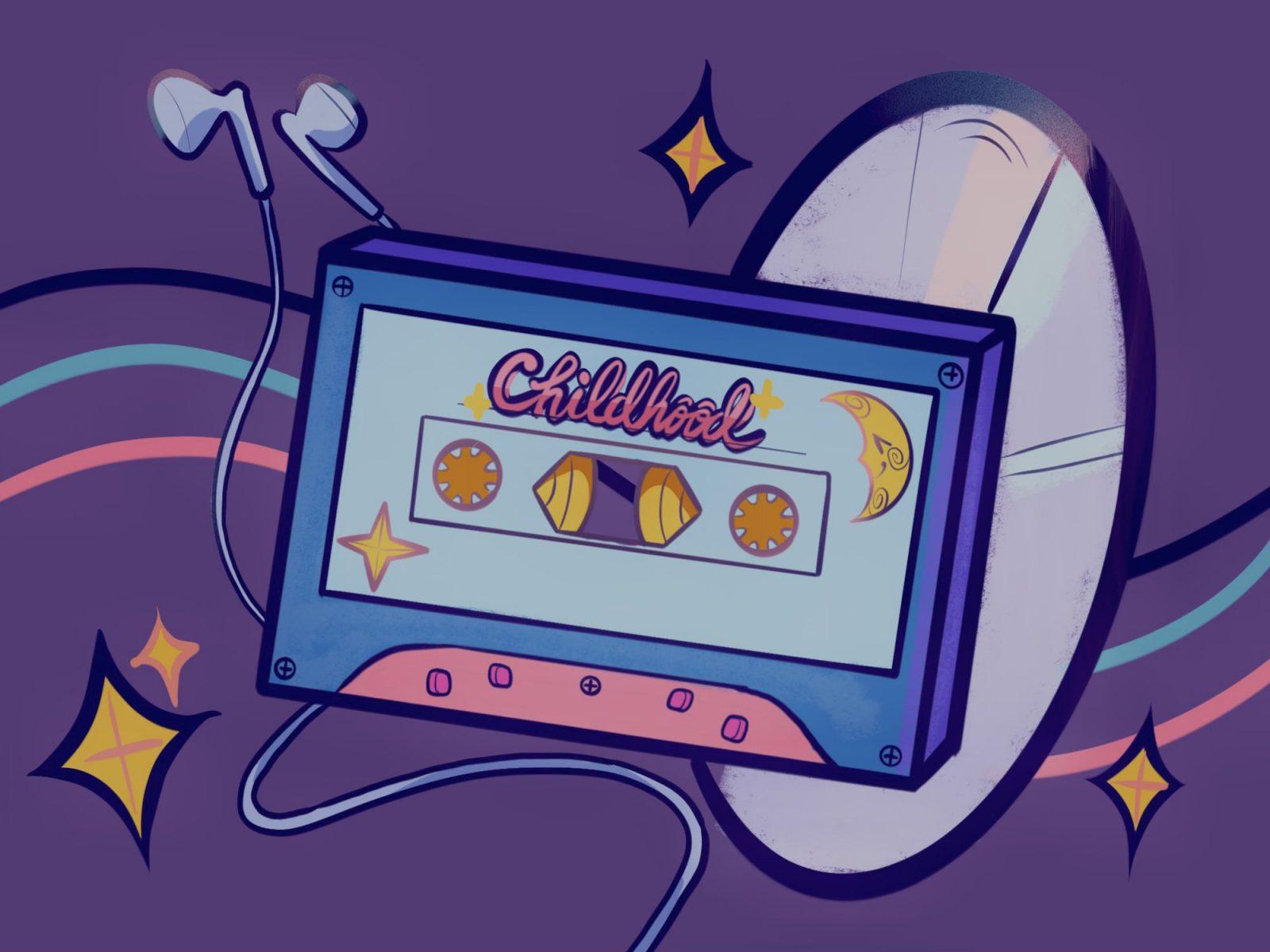At the time of writing this article, the murder trial of YNW Melly will begin in less than 24 hours.
The rapper was indicted on two charges of first degree murder for a crime that took place in Oct. 2018, with the consensus being that he shot and killed fellow YNW members Juvy and Sakchaser after he and an associate drove them out to an undisclosed remote area. Police stated that the pair then tampered with the crime scene to portray it as a rogue drive-by shooting.
The larger hip-hop community has been awaiting this daunting moment for some time. His fate has long been clouded by delays and silence on the behalf of his lawyers, and it was only in recent months that those following his status have been updated on the severity of the case
If found guilty, it is in the power of the State of Florida to enforce the death penalty — a motion of which prosecutors had filed in 2019 and are continuing to pursue.
Per a public records request obtained and detailed by Complex, the existing pool of evidence — including cell phone records tracing his location and a collection of direct messages that inquire about a Sig Sauer 9mm handgun, with both being tied to the day of the murders — does not favor Melly’s defense team.
A 66-page DNA report has also been withheld from the public by Broward County Jail and the involved parties, but prosecutors have used the document under the impression that it proves the gunshots were fired from Melly’s seat in the car. This finding is corroborated by video surveillance that shows the rapper entering the car — assuming the aforementioned seat — on the morning of the killings.
While the onset of the trial will simply serve to assemble a death-qualified jury, which can take a significant amount of time in and of itself, the foreseeable future looks grim for the “Murder On My Mind” artist. In light of all that has surfaced, fans have had time to ruminate on the graphic storytelling within that track alone — including a second verse in which Melly recounts shooting a man and holding him in his arms as he passed.
The unapologetically incriminatory nature of the track has been memed all over the internet ever since headlines surrounding the charges garnered widespread attention, but the joking gradually dissipated when his team made it known that prosecutors may employ the “Murder On My Mind” lyrics as a means of compelling the judge toward a maximum verdict.

That second verse has been used against Melly in court before. The courtroom pinned the rapper on violating his probation with minor infractions in 2017, yet the state attorney encouraged his reincarceration by reading the lyrics aloud before the jury and magistrate.
The dissidence involved regarding the use of rap lyrics as a means of conviction is massive, with the likes of Jay Z and Meek Mill leading a bastion of signatories on a New York State bill that would prohibit prosecutors from using their subject matter in the courtroom if passed.
Of course, New York is not Florida. But it has become apparent that many, like myself, have trouble reconciling with the fact that hip hop is being misconstrued as self-implicatory — especially when the lyrics in question have nothing to do with the crime at hand, as is the case now.
This jurisdictional behavior has been shown to be a recurring theme in many high-profile cases of the past few years, many of which blatantly abused the Racketeer Influenced and Corrupt Organizations Act of 1970 that has historically been used to accuse gang-affiliated rappers of unassociated crimes. One may think of Drakeo the Ruler, and how the L.A. Sheriff’s Department sought to deny his innocence in a murder case — even after being presented with an audio confession from another individual — by falsely insisting that Drakeo’s music amounted to evidence of ordering a hit.
While the case against YNW Melly is seemingly bolstered by an arsenal of forensic evidence, the statements from his lawyers nonetheless serve as a reminder that bias against the craft of a predominantly Black genre is still present. When that bias lies within a jury or prosecutor that lacks an understanding of the expressive nature of hip hop — one that condemns a hyperbolic tale of violence, yet wholeheartedly defends The Beatles’ “Run for Your Life” — then stereotypes begin to endanger our favorite rappers.
I am not endorsing the innocence of Melly. As talented and intriguing as I find him as an artist, if the overwhelming share of forensics point toward his guilt, then so be it.
I also have trouble endorsing the death penalty, and in light of the Florida Supreme Court retracting the necessity of a unanimous vote for its enforcement in 2020, it is utterly terrifying to think of a world where a song can help see to someone being executed.




























































































































